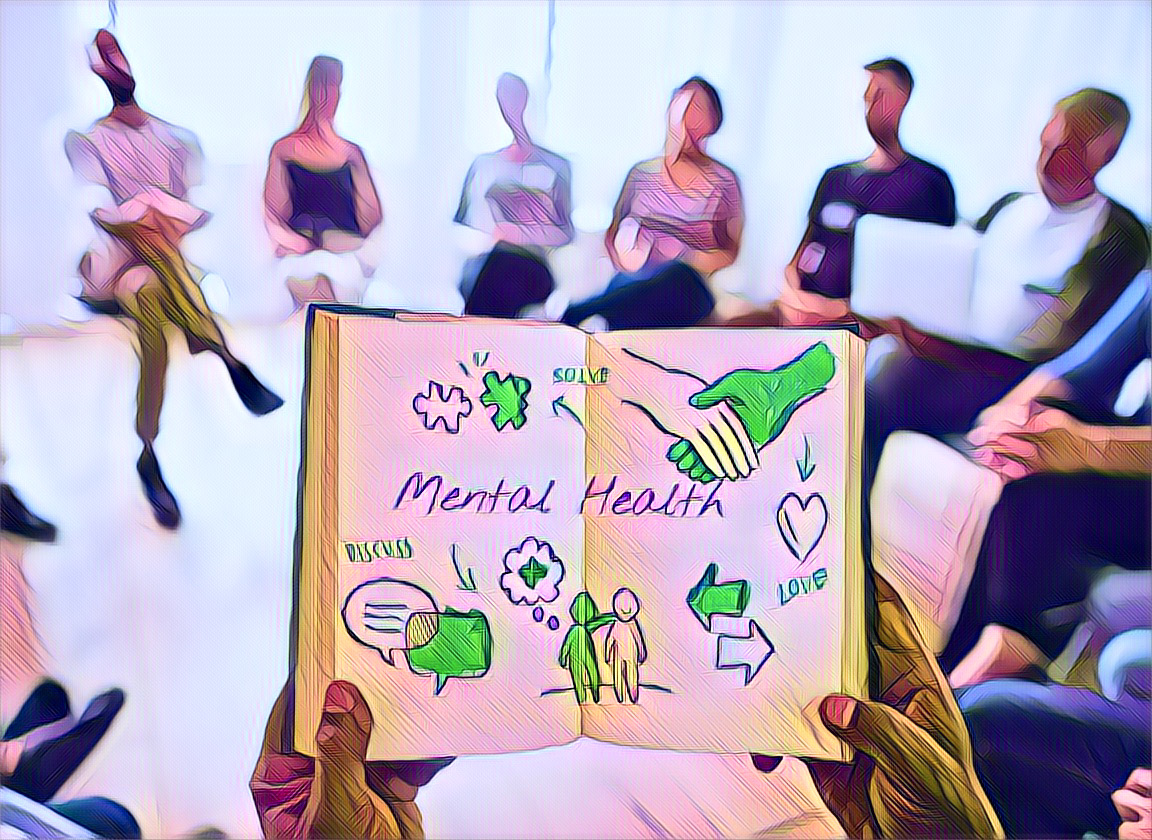Nigeria is grappling with a mounting mental health crisis, with approximately 60 million citizens suffering from various mental illnesses, ranging from mild to severe conditions. A recent study by medical professionals from Aminu Kano Teaching Hospital reveals that one in every five Nigerians is susceptible to brain-based illnesses, impact thoughts, emotions, and behaviours. Experts link this surge in mental health issues to the nation’s socio-economic challenges.
Alarmingly, Nigeria’s preparedness to address this issue appears inadequate. With about 200 psychiatrists for a population nearing 200 million, the ratio of one psychiatrist per million people is stark. Dr Dami Ajayi, a member of the West African College of Psychiatry and an associate fellow of the National Postgraduate Medical College of Nigeria, expresses concern over this dire statistic and the ongoing brain drain exacerbating the situation. He notes the scarcity of tailored job opportunities for the few psychiatrists in the country.
In January last year, President Muhammadu Buhari signed the National Mental Health Act, of 2021, replacing the archaic Lunacy Act of 1958. This act marks a pivotal step in Nigeria’s mental health landscape, aiming to enhance the lives of those with mental illnesses and rectify the flaws of its predecessor. It also signifies the government’s dedication to bridging the vast mental health care gap and achieving Universal Health Coverage. However, the lack of necessary infrastructure is glaring. Currently, Nigeria has a ratio of five mental health nurses per 100,000 citizens and only eight neuropsychiatric hospitals, many of which are in dilapidated condition, signaling an impending mental health crisis.
Mental health, encompassing emotional, psychological, and social well-being, significantly influences individuals’ thinking, feelings, and behaviour. Common mental disorders include depression, bipolar disorder, dementia, schizophrenia, and anxiety disorders. These illnesses stem from various factors such as genetics, brain chemistry, life experiences (like trauma or abuse), and family history.
Key indicators of mental illness can range from changes in eating and sleeping habits, withdrawal from social activities, and diminished energy to more severe symptoms like persistent aches, feelings of hopelessness, increased substance use, and severe mood swings. Mental illness, like physical ailments such as diabetes and heart disease, is a treatable medical condition. Many individuals can lead productive lives with timely and effective treatment. However, Nigeria’s efforts to address this public health emergency fall short.
Addressing this crisis necessitates a collaborative, multi-sectoral approach involving key government ministries, agencies, and departments (MDAs), particularly those related to health, labour and employment, and social services. The government should prioritize constructing and equipping rehabilitation centres nationwide while improving access to mental health services through community mental health initiatives and primary health care. Additionally, promoting mental health education is crucial.
According to a report by This Day Live, the urgency for Nigeria to enhance its mental health resources and services cannot be overstated. As the country faces this escalating crisis, the need for immediate and sustained action becomes increasingly critical. The government’s role in spearheading these efforts is pivotal to ensuring the well-being and health of its citizens.


